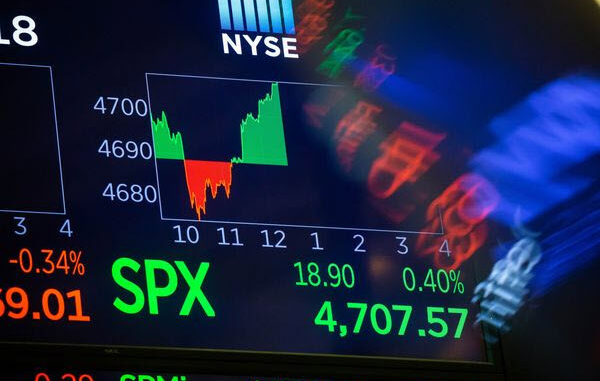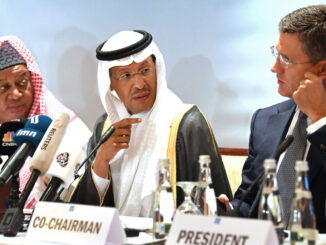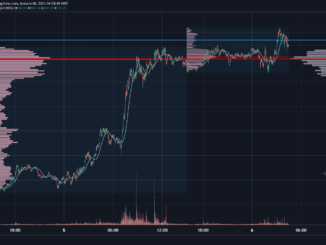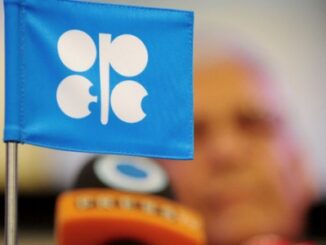
At its latest meeting the alliance of OPEC and its allied countries, including Russia, also known as OPEC+, has decided to not change its production quotas for member countries.
Analysts say the cartel has decided to wait to impose any changes as it gauges what effect the new European sanctions on Moscow will have, before moving ahead with production cuts to support prices. The cartel was wary of enacting production cuts, only to see prices spike to unmanageable levels in the face of the Russian sanctions.
Had that happened, between the inflation it would cause, as well as the central bank actions that the inflation would have precipitated, a massive global economic slowdown could have occurred and crushed global demand.
The EU’s sanctions on Russian seaborne crude, as well as a price cap which will limit shippers access to financing, brokerage, insurance and other services, were agreed to by both the EU and the G7. They came into effect on December 5th, and immediately had effect as Turkey demanded new proof of full insurance from all ships crossing its water, causing a pile up of 19 tankers, as the ships waited to acquire proof of insurance.
Russia said publicly it was preparing a response to the new measures, after previously announcing they would not sell oil at any price dictated by third parties. Kremlin spokesman Dmitry Peskov said, “A decision [on retaliatory measures] is being prepared… One thing is clear – we will not recognize any price caps.” Presently the cap is set below the price of the premier grade of Russian crude, Urals, which according to Bloomberg’s oil strategist Julian Lee, is selling at roughly $50 to China and India, so the cap may be of limited effect.
There are concerns oil markets could be considerably disrupted were Moscow to cut its flow entirely, as it would have a significant effect on global supplies. Reduced supplies could cause wild spikes in prices, and that could rock economies, first triggering an even more aggressive inflation than seen presently, and then precipitating even more aggressive central bank action, which would have an even greater cooling effect on the economies of the world.
A global recession would then become entirely unavoidable, the only question would be how long it would last and how large the reductions in economic output would become.
Global oil prices jumped Monday, with European benchmark Brent up over 2.6% by 13:00 GMT, to pass $87.80 per barrel.
Concerns over Chinese demand also affected OPEC+’s decision, as the world’s second biggest economy battles rising numbers if virus cases under its “zero-Covid” policies, and lockdowns have produced protests which have, in the case of a Foxconn plant, shut down production dramatically.
Although the next OPEC+ meeting is scheduled for June 4th, 2023, the group made note of the fact it could schedule an interim meeting, and “take immediate additional measures to address market developments” should the need arise.
The Daily Financial Trends



